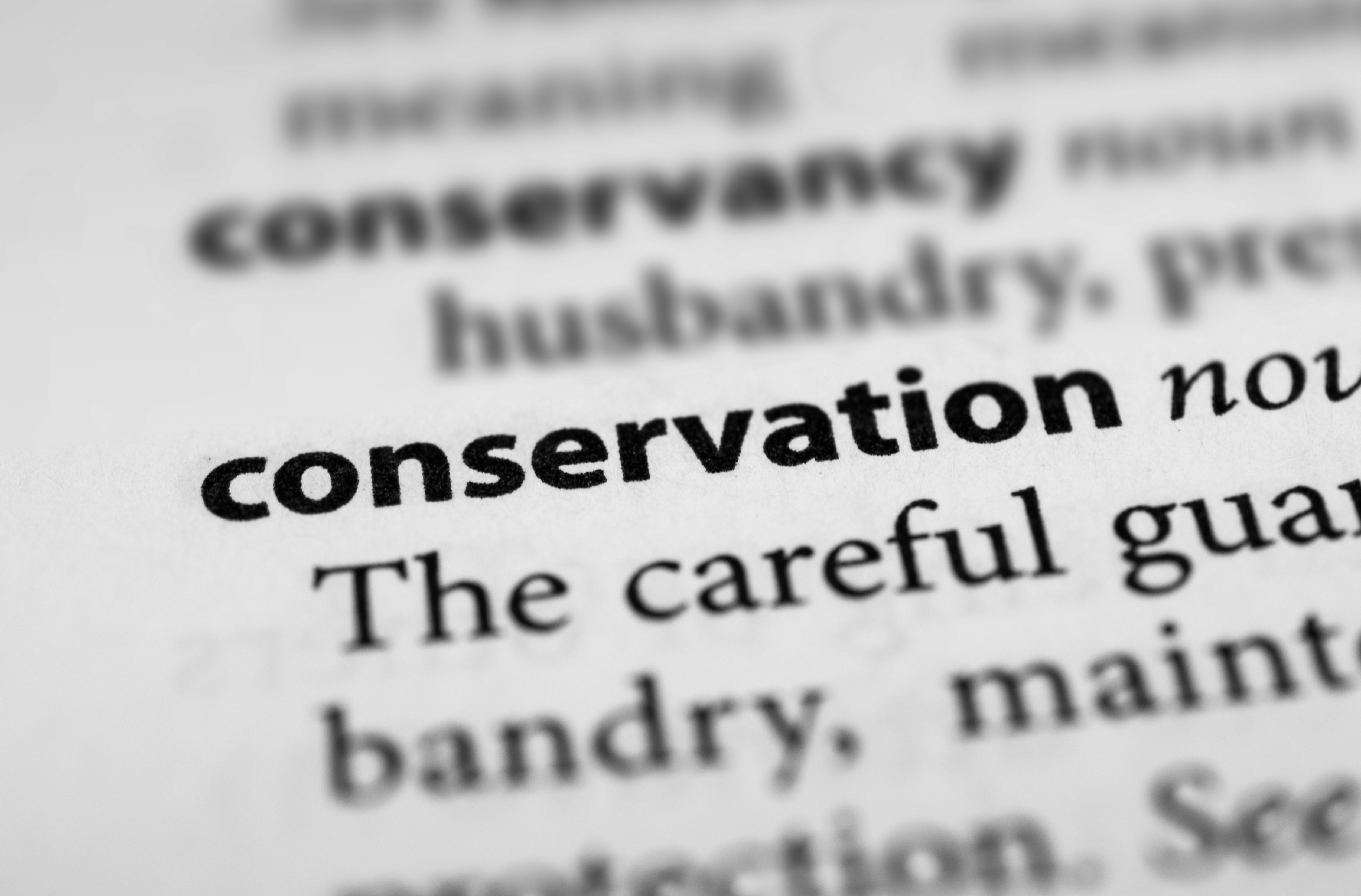How lucky are we that we get to live in and raise our children in a world with such exponential beauty as the home we call earth? What with social media, technology and so much more, it’s important to remind ourselves and our children to appreciate the tangible world around us and all it has to offer. While media is indeed useful in granting us the ability to see photos and videos of places we would never see in person, it’s also important to make sure our children are as immersed in the maintenance and protection of our planet as possible.
But where does that conversation begin? How do we explain to our young ones that nothing is permanent and that it is our job to protect what we have at all costs? Most importantly, how do we encourage our children to engage in conservation in a way that makes them feel and acknowledge that it is each and everyone’s personal duty to do all we can to pitch in?
Here are a few of our favorite ways to teach and engage our children in conservation…
Be Mindful of Media: In today’s day and age, it’s pretty much impossible to prevent your child from using and being exposed to new technologies. And while it’s important to encourage your child to explore the great outdoors and use their imagination when bored, if you’re on a long car ride or you just need to distract them, there’s no shame in whipping out the iPad to help out. That being said, we suggest making sure the shows, games etc. you allow your child to play have a message of sustainability and environmentalism behind them. Kids are quick learners—especially when they’re focused and paying attention to something that interests and stimulates them. A few of our favorite apps to get kids interacting with conservation include: Gro Memo, Green Rank, and Water Cycles. The YouTube channel Kids Educational Games also has a few great video’s explaining conservation, including Children’s: Earth’s Resources—Air, Water, Land. How to Save the Earth’s Resources ; and Environmental Conservation, The 4 R’s—Reduce, Reuse, Recycle, Respond.
Make Sure Your Schools Are Involved: When trying to teach your kids about a topic, why not start at their main place of learning! An awesome way to get kids interested in conservation efforts would be to implement a field trip about the topic. Whether it be a trip to the Zoo, or even a trip to the local recycling plant, getting the kids out of the house or school building to learn about something is sure to garner more attention. Lots of parents are already involved in PTSA type programs at school, but even reaching out to your Principal in an email is sufficient! By heading to the local Recycling Plant (which usually welcome student trips with open arms), your child will learn all about how and why recycling is so important to the environment, and can even see the process in action—which will make the experience much more memorable and meaningful in the long run.
Get Creative: Most kids are visual learners, and learn by habit and by example. A great way to integrate conservation into your daily life is by getting creative and being preemptive about answering your child’s “Why?” questions. When you feel the time is right to start explaining conservation, make it a bit easier on you and your child by labeling things around your home with explanations of why they’re important, or how you can be more energy efficient when using something. For example, on your garbage can tape a piece of paper explaining everything that should be thrown away, while on your recycling bin explain everything that should be recycled—and why. Or, next to your bathroom sink leave a post-it explaining why you shouldn’t leave the sink running. These little things will ensure the idea of conservation is surrounding your child at all times, and is ultimately something that will become second nature to them. Not to mention it will cut back on you having to answer all the extra “Why?” questions!
We are thrilled you are looking into ways to help your child learn about taking care of the world they live in, and hope these top tips helped you out! Our children are our future, and it’s imperative that they have an understanding of how to maintain the planet for the generations to come.
 Food
Food Farmers
Farmers Sustainable Living
Sustainable Living Living Planet
Living Planet News
News